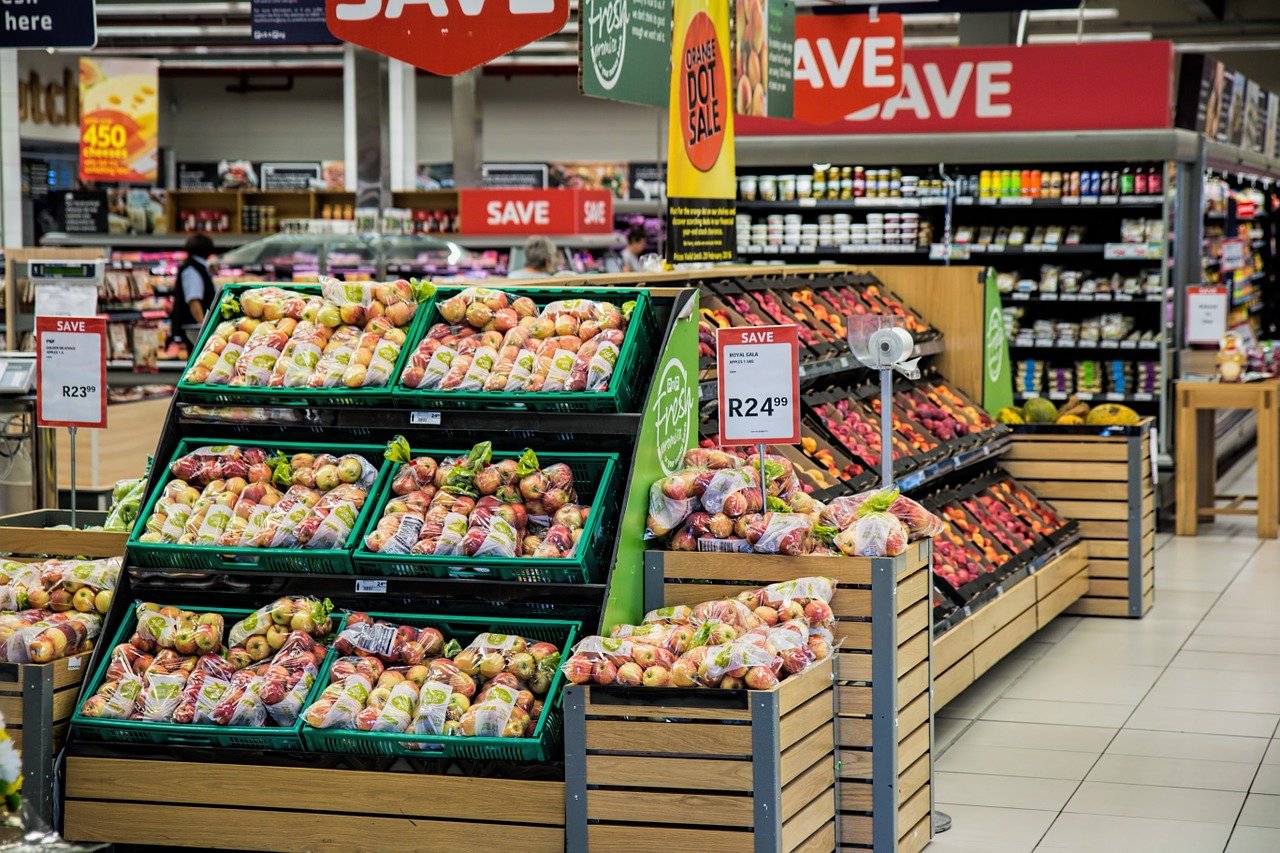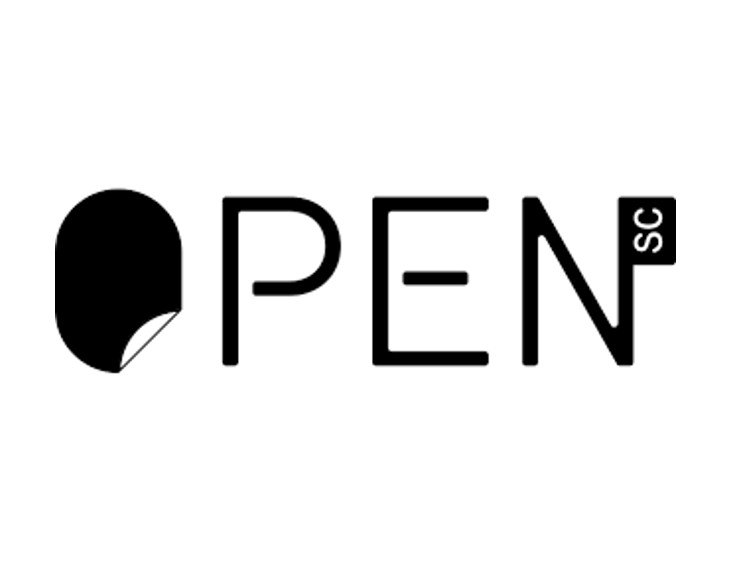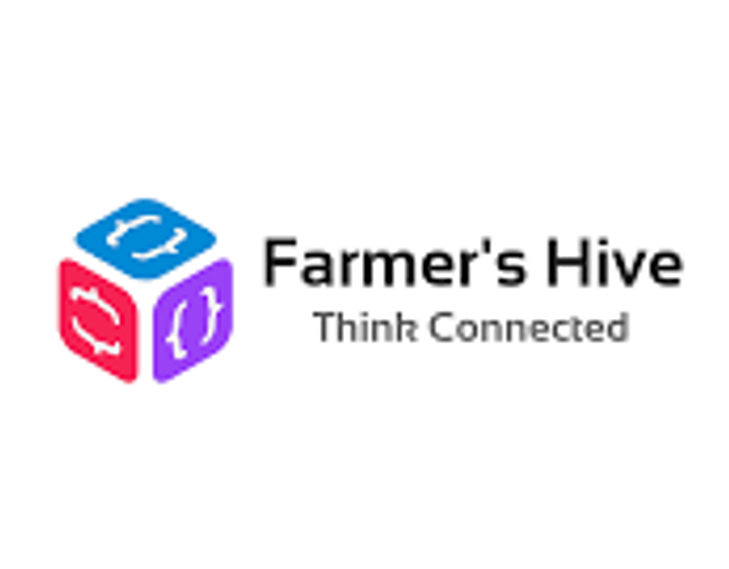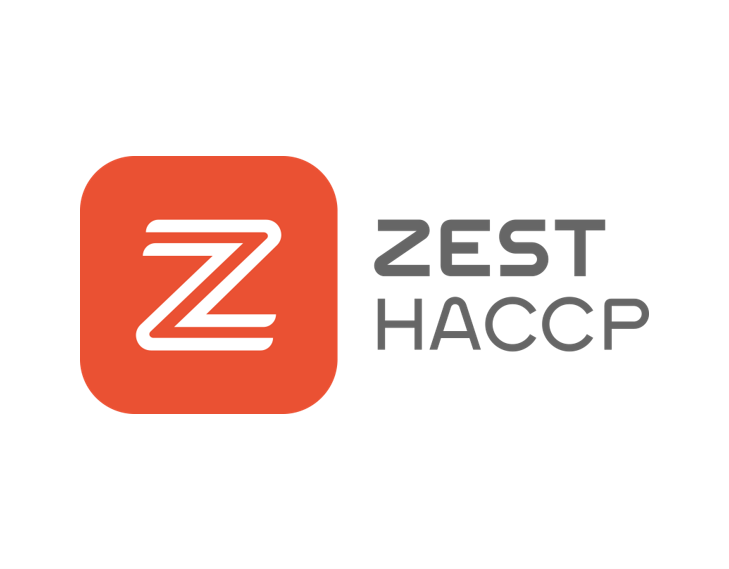123Fab #81
1 topic, 2 key figures, 3 startups to draw inspiration from

A 2018 survey by Trace One reveals that while 91% of consumers think it is important to know where their food comes from, only 12% are fully confident in the safety and quality of their food. As a result, many food companies such as Carrefour, Walmart, Nestlé, or Unilever have implemented initiatives to improve the traceability and transparency of their products in response to consumers’ lack of trust and desire for healthier and higher quality products. At the same time, traceability is key for producers, as it guarantees the quality of the raw material that is introduced into the food chain, allowing certification and accreditation of their products, quickly locating problematic elements, and setting up control systems. It also facilitates the economic management of farms since it requires a detailed history of interventions, products used, and agronomic results. Therefore it has become a major issue for consumers and producers, but also for states, for health surveillance purposes and supply concerns. As such, in France, the law on the future of agriculture voted in September 2014, introduces the obligation of traceability for all phytosanitary products. Thus, throughout the supply chain, each product used must be identified (batch number, date of manufacture, etc.) and this code is transmitted to each new actor up to the final consumer.
Food traceability is defined by the ability to track the movement of a product and its ingredients through all stages of the supply chain, upstream and downstream. It involves documenting and linking the production, processing, and distribution chain of food products and their ingredients. This is a real challenge. Firstly, because of global sourcing, which does not always allow for great visibility and transparency of production processes. But also because of the lack of unifying requirements in different geographical areas regarding handling, storage, inspection, and safety standards. From a logistical point of view, many products are sold individually and questions arise as to the scale of traceability (by unit? by pallet? at the product level?), which has a significant cost. To this extent, it is also an economic challenge because, although the demand for transparency is often driven by consumer desire, it is not clear that consumers are willing to pay this cost, nor are supermarkets, which already make low margins on food products.
The main vehicle for traceability of agricultural products is labeling, with information on, for example, origin, ingredients, or farming practices. But the reliability of labels has limits, both from a practical point of view and in terms of the veracity of the information. With the growing number of food certifications, and the constraints in terms of traceability becoming stricter, new tools are emerging at the initiative of large groups or start-ups. For example, Walmart, with the help of its technology partner IBM, created in 2016 a food traceability system based on the Hyperledger Fabric blockchain, at a time when the number of start-ups in this field was booming. The time needed to trace the origin of mangoes produced in the United States was reduced from 7 days to 2.2 seconds thanks to this system, which is now used on many products. Carrefour is also a pioneer on this topic in Europe with the first application of its own blockchain technology to the Filière Qualité Carrefour (FQC) products in March 2018. The group plans to have deployed it on all 100 products by the end of 2022. Indeed, blockchain is one of the most convincing answers to the challenge of food supply traceability, because it makes it possible to record in a decentralized and unforgeable digital register all the useful information on the origin of a product, its manufacturing and storage conditions, and the various stages of its transport.
Numerous other solutions are emerging, notably at the initiative of start-ups to ensure traceability in agriculture and consumption. For example, the World Wildlife Fund has partnered with BCG Digital Ventures and social capital investors to create OpenSC, a startup that allows businesses and consumers to verify specific claims about a product’s sustainability and ethical production. The platform uses many different technologies, including IoT sensors, machine learning, and blockchain, to trace the movement of food through its supply chain and share this history with businesses and consumers. Other solutions are implemented directly on farms, such as Farmer’s Hive, which uses IoT sensors to collect all kinds of information to improve farm management (air temperature, humidity, atmospheric pressure, etc.) and traceability by generating a unique QR code to track activities from the producer to the end-user. This makes possible, for example, the tracking of environmental conditions and location when the product is in transit. Further down the production chain, Zest HACCP is an application specifically designed to ensure health traceability. It generates its own barcodes directly on the labels to create a chain of custody and automate shelf and stock management, take temperature readings using sensors and produce statistical reports.
Food traceability is becoming an increasingly important market, driven by consumer demand for transparency and government regulations. Increasing labels and certifications are being created to promote healthy and responsible agricultural products. In addition, traceability helps to improve supply chains and farm management, but also to avoid fraud and limit food waste. It is therefore beneficial to all and will certainly continue to be a key issue in the years to come.
2 Key Figures
The food traceability market size is projected to reach $26.1 billion by 2025, recording a CAGR of 9.1%
It was valued $16.8 billion in 2020 – MarketsandMarkets
$118M million of total funding in food traceability
Tracxn
3 startups to draw inspiration from

OpenSC
The Australian startup uses blockchain technology to allow consumers to verify the provenance of products they are purchasing by scanning a QR code. Its main aim is to provide consumers with the confidence that these products are ethical, legally compliant and environmentally friendly. The blockchain technology ensures the data cannot be tampered with.

Farmer’s Hive
The Canadian startup has developed a farm management software platform. The technology uses lightweight wireless hardware sensor nodes that allow remote access to real-time information such as soil moisture measurement, enabling the user to make informed decisions. Each food item has a QR code that follows it throughout its life and records information for the end consumer.

Zest HACCP
The French startup Zest HACCP is a platform that creates its own traceability chain from barcodes. It enables to manage shelves, stocks, take temperature readings, produce activity reports, manage use-by dates and comply with European health standards. The solution is already deployed throughout France with over 1200 active licenses. It was acquired in 2020 by Phytocontrol Group.
Interested in a startup landscape or in an insights report?
Please fill out our contact form so that we can get back to you very quickly with our product offer.
Want to subscribe to our 123Fab?
Fill out our form to receive the latest insights into your inbox.
